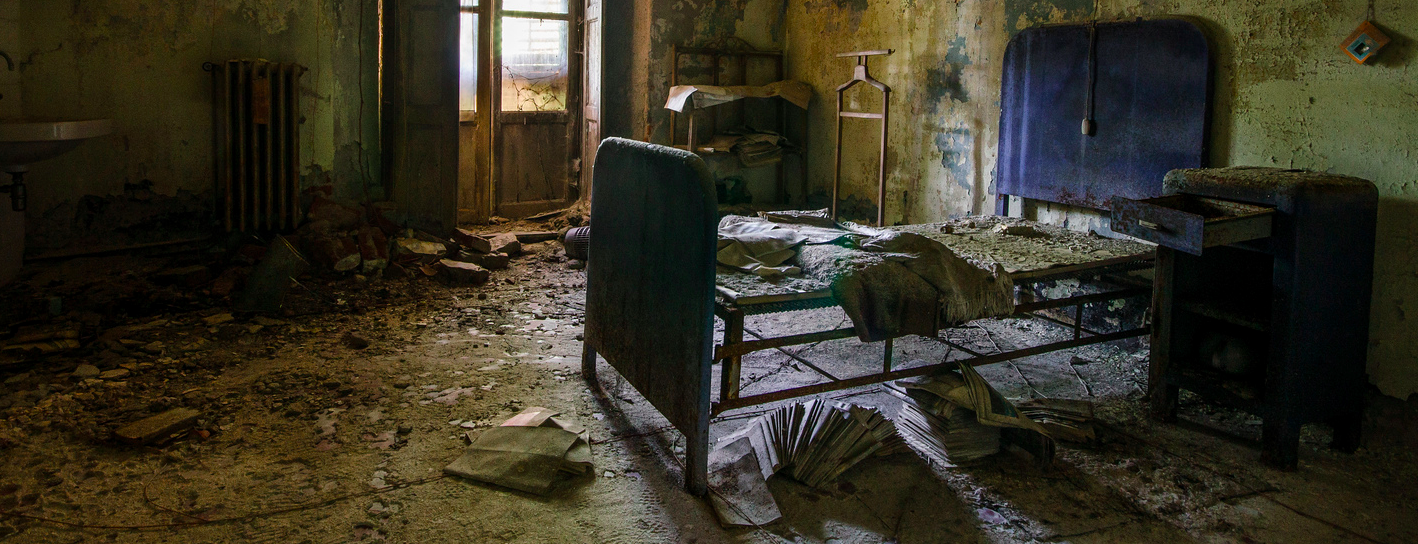As humans, we tend to seek comfort in the company of others and form emotional bonds with them. We need to belong; to someone in some way, to some place or a cause, and we want people and things to belong to us.
In fact, our entire identity is based on the idea of belonging. Your last name is a mark of belonging to a family lineage. You introduce yourself telling where you come from or where do you live. And more often than not, you define yourself through an occupation or a community you belong to, and what you stand by. That’s how you find a common ground or else, pigeonhole the other person as “the others”.
Our need for belonging is an inherent characteristic and a central part under Maslow’s hierarchy of needs concept.
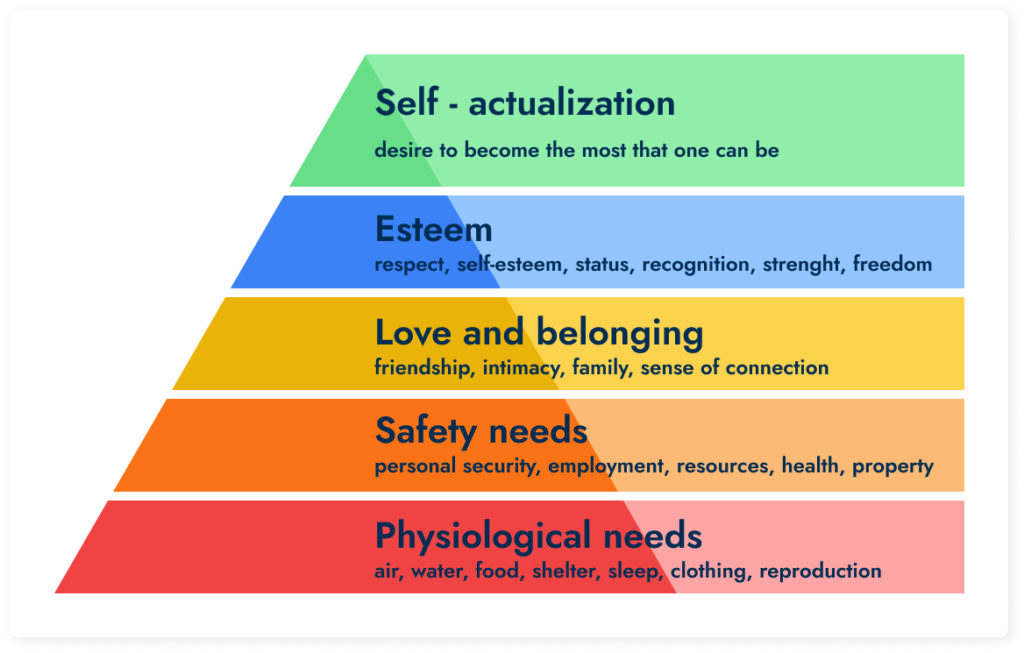
Hide and seek
Yet, Tom Barker from Distilled Magazine argues, that while we live in an increasingly connected world, paradoxically, we are becoming more and more disconnected. The Internet and the social media revolution, on the surface, have brought us closer together. It ‘shrunk’ our planet and facilitated revolutions of a socio-economic and political kind. We can send money at a lightning fast speed, sometimes at almost no cost (e.g. via ₿), we can follow scenes from war zones from a safe distance on our mobile screens, while faces of our friends and family are never further away than the reach to our phones.
Technological advances and economic developments in recent decades have tended towards the quicker and easier movement of money, people and information about the globe, with massive implications for the ways in which human beings think about and organise their lives.
Tom Barker
The basic social fabric has become frayed, and our sense of place and community diluted. While allowing for greater freedom and choice in how we spend our time, anonymity and isolation from the communities we live in has become a pervasive and worrying characteristic of modern life.
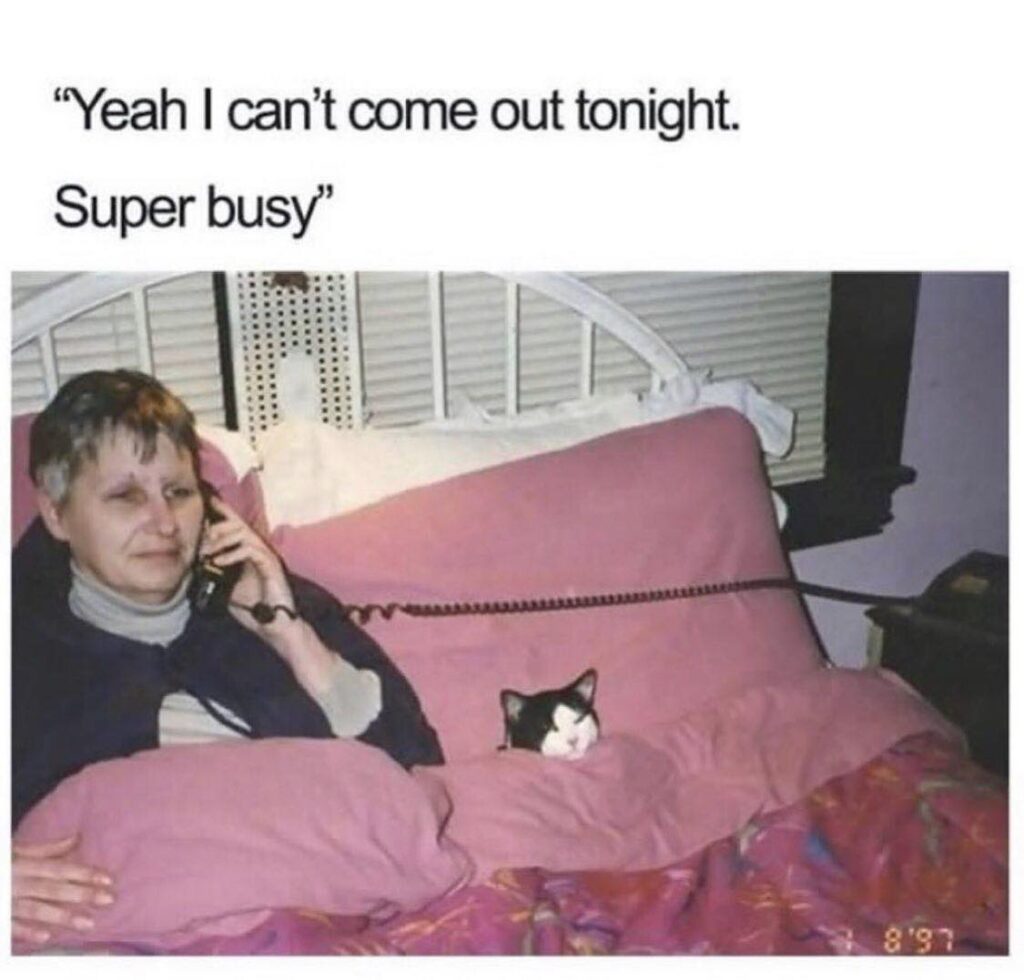
Forgot to buy a milk? No problem. Thanks God there is a gozilla driver that will deliver it in under 10 minutes with almost no social interaction. Otherwise you’d risk bumping into one of your neighbours, and out of politeness pushing you to (yuck 🤢) – interact.
/join #whatever
The privatisation of time and space, facilitated in part by new digital devices and more commonly accepted – thanks to covid – remote or hybrid working, threatens to narrow rather than expand our horizons and creating serendipity moments. For many people it’s became incredibly difficult to meet the other half – because we are making it hard to be found. Transactional nature of dating apps does not help with creating deep, long-lasting and satisfactory relationships. Instead, it enlarges forever accompanying us FOMO syndrome. What if the next person from the list will be will be cooler, prettier, smarter?
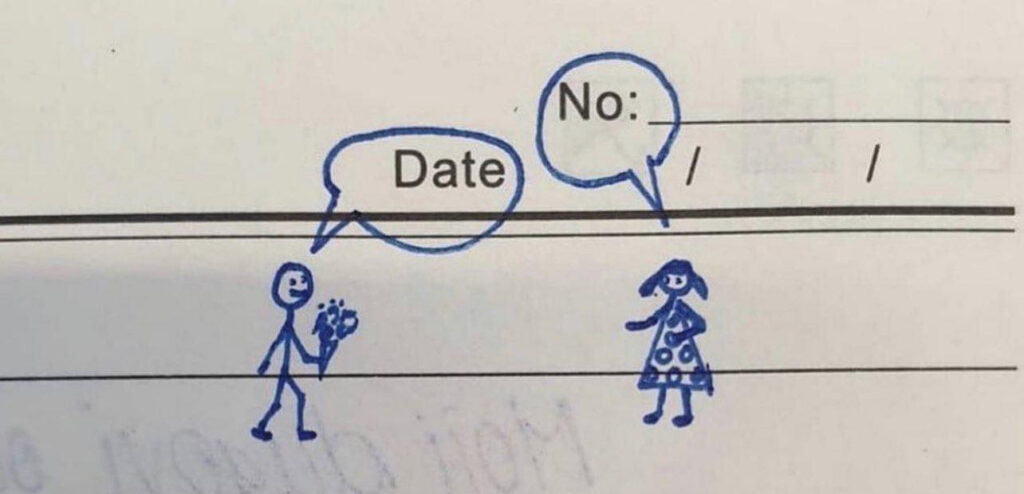
To what extent can we claim that the Internet have brought us closer together, when any precious spare time we might enjoy with others, we choose to spend in private consuming content on a liquid crystal display?
While Tom Baker notices that such disconnection degrades quality of our daily interactions with people and places, he also points out that it affects our political and economic life. In most of the recent US and UK general elections, less than two-thirds of registered voters turned out to vote, while levels of trust in politicians and government remain low.
Social media polarises our views, reinforcing only what we’ve already found true. There is no in-between. We are the good guys. The other guys are too blind and narrow minded to hold an argument. We don’t even bother to verify it.
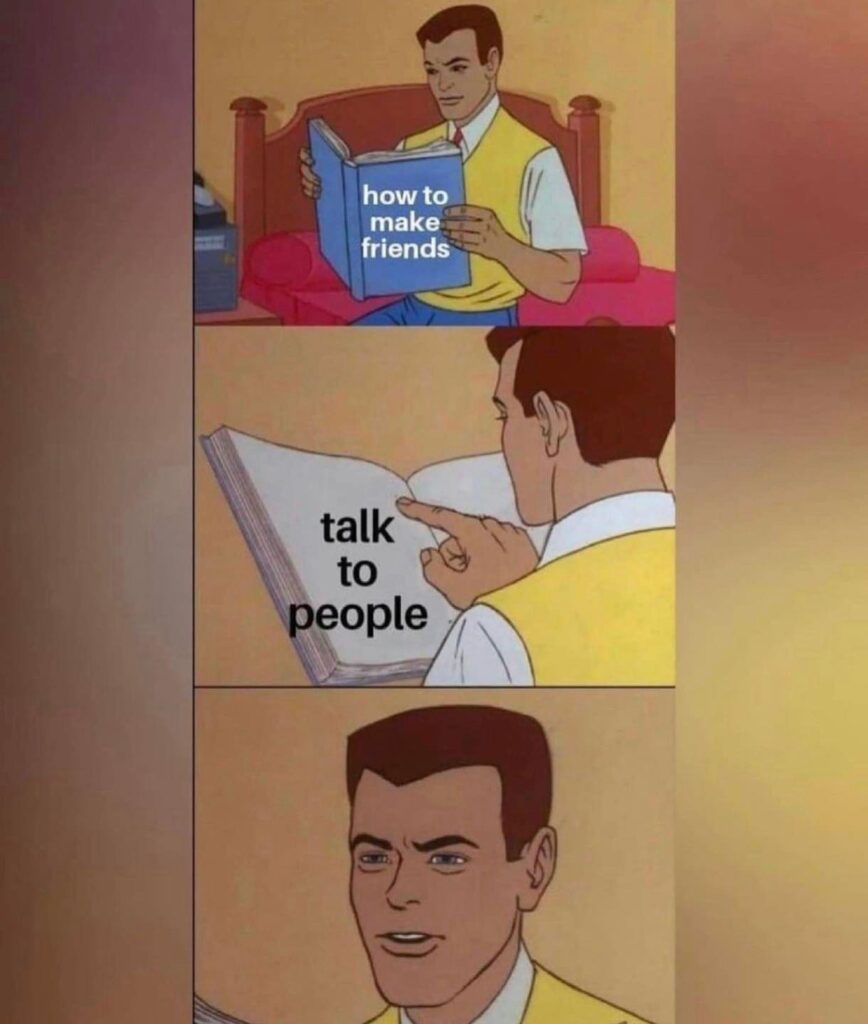
Another brick in the wall
For many, modern work is a frustrating and unfulfilling experience, with long days in cramped (either physical of Zoom-like virtual) offices. Much work in the modern knowledge economy has a dull, robotic, quality to it – as if disconnected from material reality itself. In such a world, it is increasingly difficult to identify or quantify an individual’s contribution to an organisation. We just feel like another, replaceable cog in the wheel. Capitalism has put enormous pressure on countries, firms and individuals, now operating in a more competitive global marketplace. People commonly complain of work-related stress, worrying about the security of their jobs, chasing KPIs, and generally being ‘time poor’.
These forces combined produce the disconnected society, a society fiercely individualistic – ‘my space, my time, my stuff’ – yet, lacking in strong interpersonal bonds, pervaded by a sense of anxiety and helplessness.
How to be alone in a crowd
While countries like Japan favour team work ethics rather than an individual approach, things taken to extreme contribute to a very similar result.
Japan is facing one of the largest crises of loneliness and aging, dying population. Japan’s culture of work is steeped in workaholism. Many employees often work late into the night, leaving little time for rest, outside of work socialising and recuperation. Over the years, the many health problems that have arisen from such a lifestyle has led the government to implement policies to discourage such an unbalanced lifestyle.
Toshihide Shun’ei Hakamata believes that the problems of suicide, the elderly, and dying alone (koritsu shi) all are due to the increasing isolation of people. He also believes that isolation is an illness of modern society. It is a vast and deep problem and Japan has a term for it – hikikomori 引きこもり—those that shut themselves inside their homes and avoid all social interaction.
There was no escape
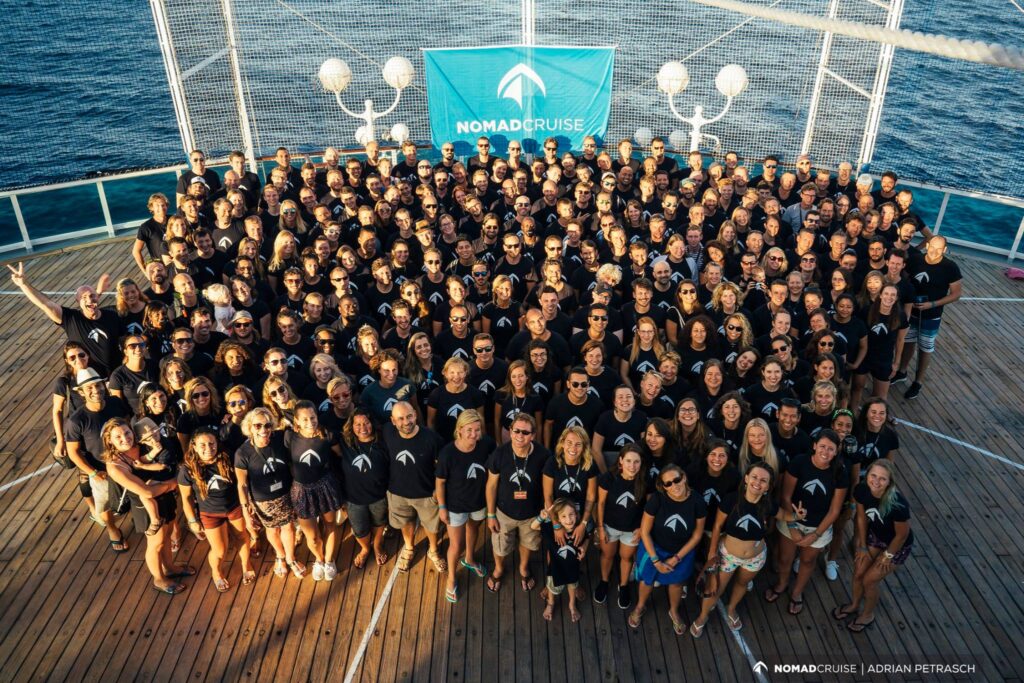
Normally, I would never jump on a cruise ship for a two week’s journey. At least, not until I passed 60th, since I always imagined people taking cruises as elderly Germans drinking cocktails with umbrellas, doing something different from their usual Mallorca holidays.
Yet, each time when I attended a Nomad Cruise conference on a gigantic cruise ship over the Atlantic, it made me happy. Not about the drinks with umbrellas, mind you (although those piña coladas do taste good on the sea!). But about the fact, that these cruises happened to be a long transatlantic journeys, with little to no internet, no chance to escape (we did only 3 stops over the Caribbeans). This created lots of opportunities for 400+ people to connect. Some were calling it the Love Boat (that’s a story I didn’t take part of, but good for them 😉). Most was calling it one of the most profound experiences in their lives for finding their tribe and learning from each other. Each of us had some skill e.g. real estate foundations, or website design, or balls juggling, salsa dance etc… that one could set up a place for a workshop and others could join freely.
First time it was Gran Canaria to Panama and our second it was Barcelona to Recife, Brazil). You could be as easily found as you could get lost if you wanted to. Just to give you an idea – we were even doing bar crawls with nine ‰ top up points spread across a 13 floored cruise ship.
Technically you had a satellite internet, but its speed and cost made you narrow down time spent on it to hyper super important emails. The world didn’t burn down, nobody died from the fact that you didn’t answer his/her email at 10pm on a Friday night.
It was just … nice. Nice to connect human to human, not over the screen.
And I’m sure you’ve had similar “enlightenments” with your long not seen friends. Maybe it was a bachelor or a reunion-like event, where together you agreed to repeat those more often and put more effort into ‘making time’… only to time passing and see life happening to each other’s disappointment.
A large city vs. a small one
A couple of weeks ago I visited my friend who just recently had a baby.
She used to live in large capital cities, London included. Now, she moved to a small village in southern France together with her partner. In the village, on the “main street” you had three restaurants, two bakeries and some little grocery shops. Everyone from community was contributing in one way or another. There was a lady that did a manicure. Someone else was a barber, someone’s son run the restaurant or served in one. Within a couple of days you could learn a whole network of how every local relates and what is he doing here.
There was also a table with eggs and a tray to drop the exact amount. The sales lady wasn’t there. You just put the money in and took eggs. The lady comes every evening to collect the cash left by the people in the tray.

In such smaller communities everyone trusts and relies on each other. It’s easier to live with a support network where you’re a further away from an access to commoditized goods and services. Where can you run if you’re a thief?
People living in small places tend to be more religious too.
There are many dark sides to religion as a concept, but there is one undeniably positive aspect of it – belonging to a community.
Multiple studies have shown that religious believers are generally happier people, an effect that is more pronounced in poorer countries. Belief in divine justice and an ordered moral universe help them in coping with daily adversities.
Reintroducing ourselves
The pandemic made it apparent that we’re no good being on our own. Our initial happiness and appreciation of “me time” creeped in metamorphosing into killing us loneliness. It didn’t seem harmful at first. You got to enjoy your own company, you finally had time for your small pleasures. But humans are adaptive creatures, and soon we turn more and more antisocial, to the point that we may find it hard to reintroduce ourselves to the community.
So, how to reconnect our detached society?
As technology advances apace, both individuals and society must become more discerning about the level of technological intrusion we wish to embrace. Social media and the internet in their current form, will seem insignificant when, in not too many decades, we will be discussing the reality of electronic brain implants, metaverse, and bionic body augmentation. At least Mark Z is desperately trying to convince us that fully immersing ourselves in there is for our good…
It’s never too late to redraw the boundaries of technological intrusion, to give up some of the time we spend sucked to a screen and reconnect with and give more to others. It’s joyful to simply exploring the natural wonders of our world- particularly given all that the new ‘science of wellbeing’ has told us about the benefits of doing so.


![Start-ups and start-downs [Evoque Journey] louveciennes @flickr](https://hankka.com/wp-content/uploads/2013/09/bfast.jpg)
![What are you afraid of? [Evoque journey] Donnie Nunley @Flickr](https://hankka.com/wp-content/uploads/2014/02/12331672305_9d924d76b0_z.jpg)
